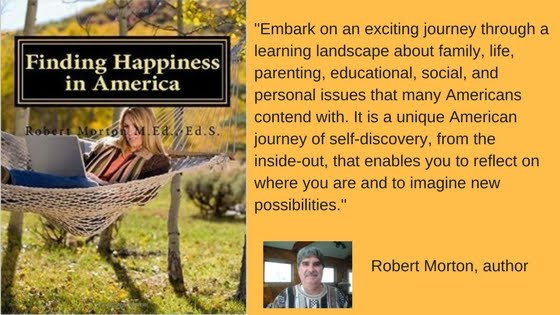
Dear Mr. Morton- Often you’ve mentioned “one becomes what he thinks about.” Come on! You can’t think your way back to good mental health?- Skeptic.
Dear Skeptic- A philosopher once said, “The easiest thing in life should be…to be happy.” Your skepticism may be a guard against your personal vulnerabilities, if your doubt is a reflex action that surfaced without investigating the field of Cognitive Psychology and its successes in many areas of human heartbreak. If you avow that “we don’t become what we think about” after studying mental processing and how people think, then I would look at your evidence and rephrase it beginning with “Perhaps one becomes….“. But, you provide no evidence.
Some skeptics see the handwriting on the wall but still claim it’s a forgery. I pity the clergy who run into disbelievers who never listen to them or investigate the church’s beliefs, but remain agnostic and would ask God for his ID card if he showed up. Everyday life demonstrates “we become what we think about.“ Ever notice how some people feel happy no matter how grave their circumstances? They don’t relive past hurts or dread future unknowns…they relish moment to moment living. Life is a series of present moments and they don’t permit negative thoughts from yesterday to ruin today.
become what we think about.“ Ever notice how some people feel happy no matter how grave their circumstances? They don’t relive past hurts or dread future unknowns…they relish moment to moment living. Life is a series of present moments and they don’t permit negative thoughts from yesterday to ruin today.
They’ve learned that happiness is an “inside job” and flows from the inside-out. They know that If you chase after happiness you’ll never find it. They search inward and are as happy as they make their minds up to be, and are content with what is in their lives rather than obsessing with what isn‘t. They aren’t predisposed to dwell on all their problems, which they possess like everyone else. Their minds are free and clear, not full of anxiety and worry. Dwelling on bad thoughts is like writing a nasty letter to yourself, then getting upset when you open it. In a sense, happy people remain good pen pals to themselves…and they, indeed, become what they think about.
Dear Skeptic- A philosopher once said, “The easiest thing in life should be…to be happy.” Your skepticism may be a guard against your personal vulnerabilities, if your doubt is a reflex action that surfaced without investigating the field of Cognitive Psychology and its successes in many areas of human heartbreak. If you avow that “we don’t become what we think about” after studying mental processing and how people think, then I would look at your evidence and rephrase it beginning with “Perhaps one becomes….“. But, you provide no evidence.
Some skeptics see the handwriting on the wall but still claim it’s a forgery. I pity the clergy who run into disbelievers who never listen to them or investigate the church’s beliefs, but remain agnostic and would ask God for his ID card if he showed up. Everyday life demonstrates “we
 become what we think about.“ Ever notice how some people feel happy no matter how grave their circumstances? They don’t relive past hurts or dread future unknowns…they relish moment to moment living. Life is a series of present moments and they don’t permit negative thoughts from yesterday to ruin today.
become what we think about.“ Ever notice how some people feel happy no matter how grave their circumstances? They don’t relive past hurts or dread future unknowns…they relish moment to moment living. Life is a series of present moments and they don’t permit negative thoughts from yesterday to ruin today.They’ve learned that happiness is an “inside job” and flows from the inside-out. They know that If you chase after happiness you’ll never find it. They search inward and are as happy as they make their minds up to be, and are content with what is in their lives rather than obsessing with what isn‘t. They aren’t predisposed to dwell on all their problems, which they possess like everyone else. Their minds are free and clear, not full of anxiety and worry. Dwelling on bad thoughts is like writing a nasty letter to yourself, then getting upset when you open it. In a sense, happy people remain good pen pals to themselves…and they, indeed, become what they think about.
Here's some excellent sites which bring the point home into everyday life:
Early Nightingale- An excellent resource!
Robert Morton, M.Ed., Ed.S. has retired from his positions as school psychologist and adjunct professor in the School of Leadership and Policy Studies at BGSU. Contact him at the Bpath Mail Form at the top of the site.





